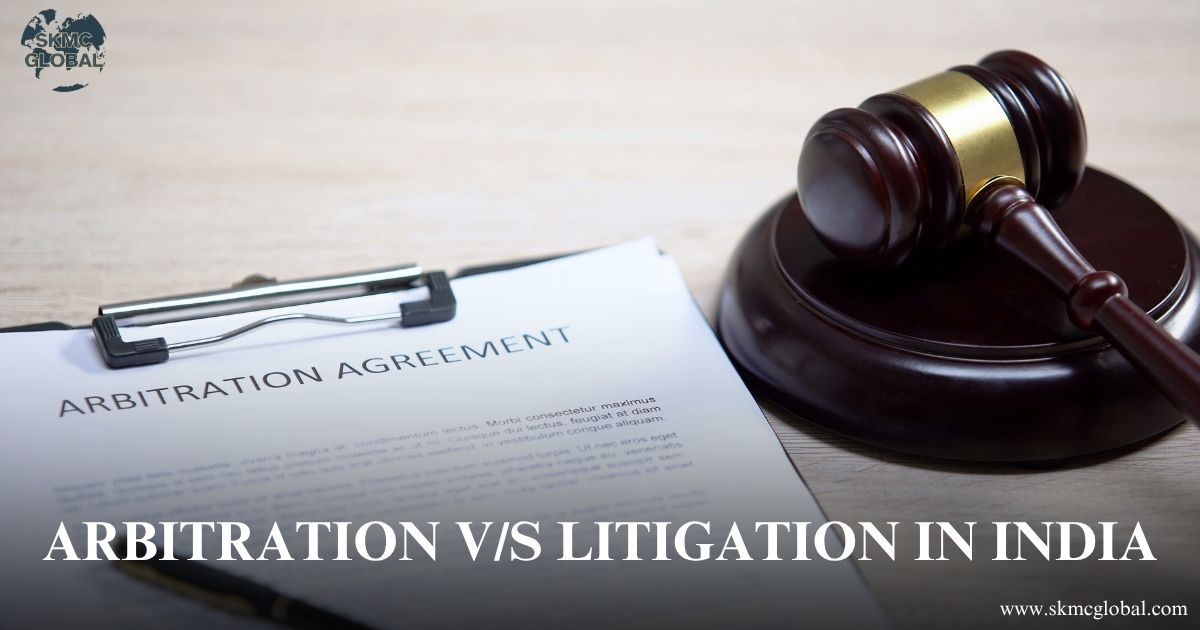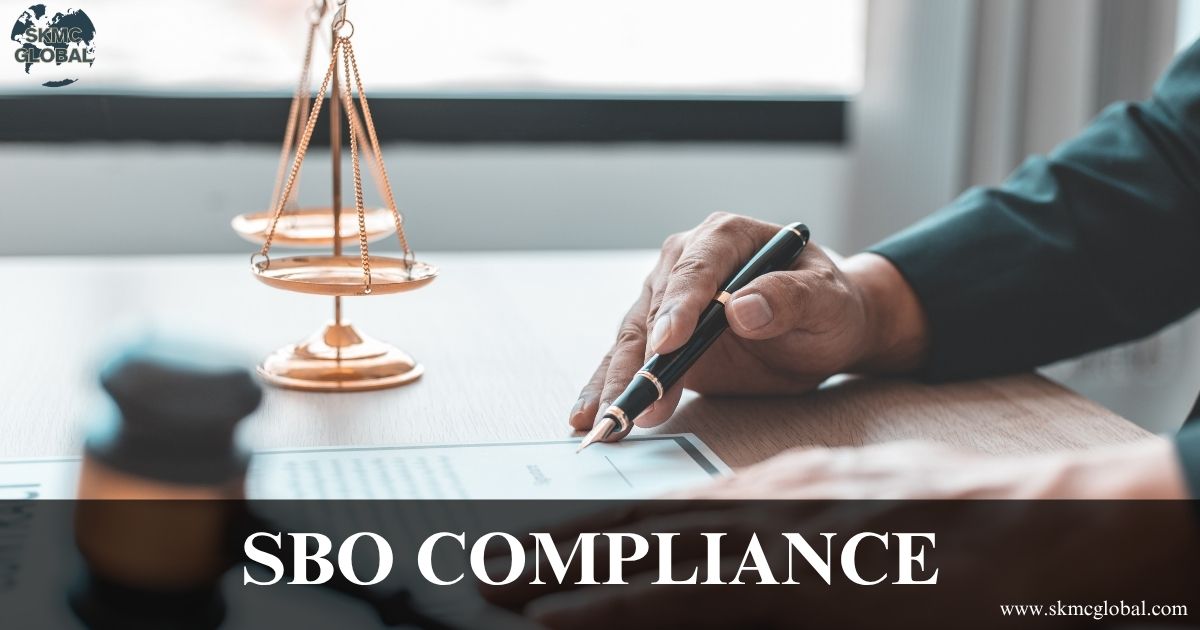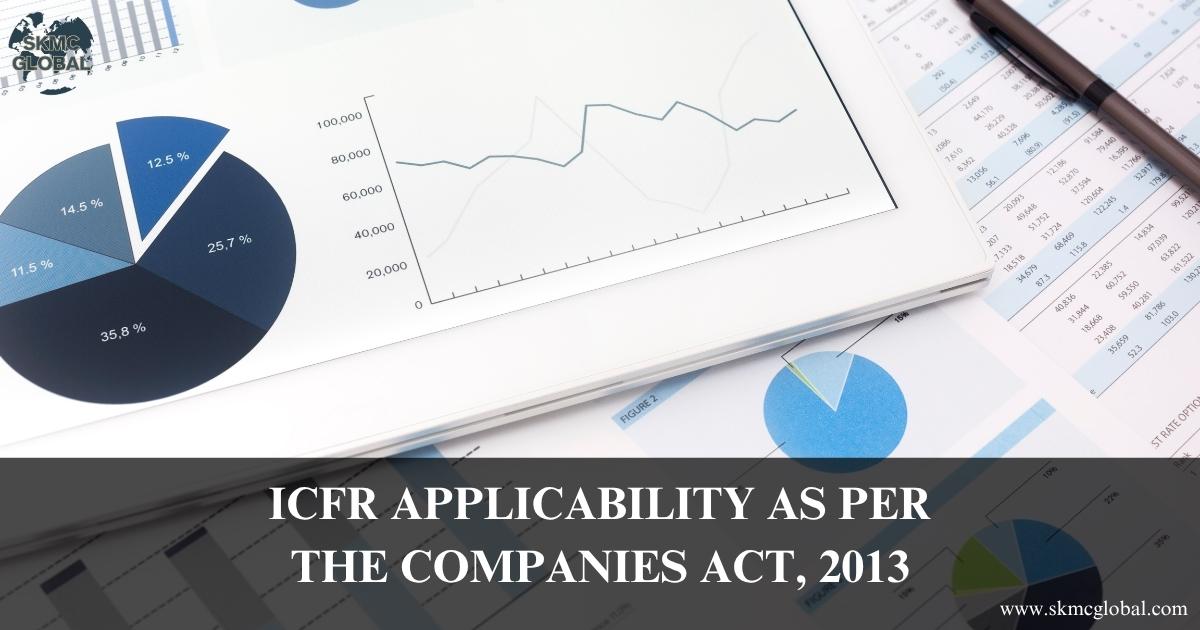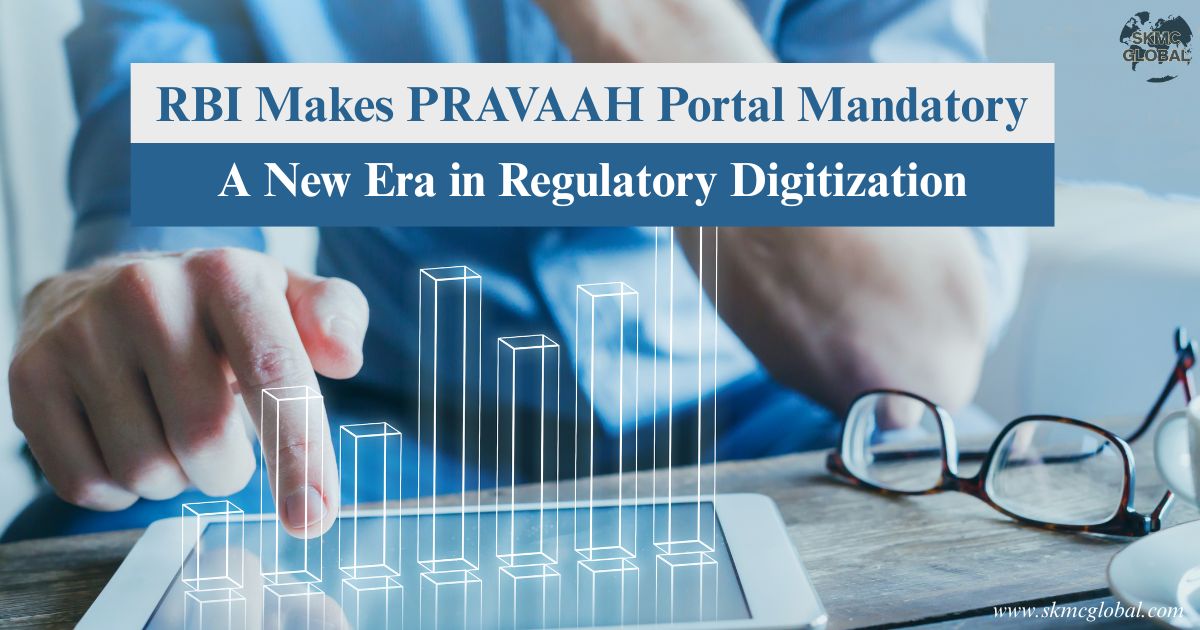
A Complete Documentation process of Registering a Partnership Firm in India
In India, it is common that individuals initiate business as partners, making arrangements for people to share profits and do work. Even though starting a partnership is brought into force in a simple manner, statutory registration is required to be done to have a stable and safe company. Through this legal recognition, your business is a legally registered partnership company and therefore holds separate legal rights and its own identity. For ensuring that the entire process of business registration in the form of a partnership is in line with Indian law, there are certain procedures and documents. One cannot assume in all situations that one can register partnership corporation online, but one needs to familiarize oneself with the particular documents. This comprehensive guide will detail all the paperwork and procedures to register your partnership firm in India.
The Partnership Deed Act: Your Business Rulebook
Any partnership requires a partnership deed to be executed. It is not a simple document; it is signed in writing of a partnership deed by all the partners and is enforceable at law in nature. It is the company's rule book that mentions all its rules as well as the rights, obligations, and liabilities of all partners.
A valid partnership deed is required to avoid future conflicts between partners by making specific provisions for decision-making, profit sharing, etc.
A clear partnership deed can comprise:
- No Partner Details: Names, addresses, and telephone numbers of all partners.
- No Firm's Identity: Name of the firm and adequate description of its business activities.
- No Starting Date: The determined date on which the partnership business will commence.
- No Capital Contribution: Contribution of cash or property by each partner.
Profit/Loss Sharing: Profit-sharing and loss-bearing proportions decided in advance.
Remuneration of Partner: Commissions or salaries partners shall receive.
Drawings: Rules for partners to draw for utilization.
Partner Responsibilities: Allocation of certain tasks and obligations to particular partners.
Interest: Whether interest on capital is to be given or drawing charges levied.
New Partners: Rules for admission of new partners.
Partner Exit: Rules on retirement, death, or insolvency of partner.
Firm Dissolution: Grounds and method of dissolving the partnership.
Bank Operations: Information on whom to authorize to operate the firm's bank accounts.
Account Keeping: Law on maintaining records of cash and auditing.
Dispute Resolution: Process (e.g., arbitration) for resolving conflict among partners.
This partnership deed should be drafted according to general Indian laws, i.e., the Indian Partnership Act, 1932. Even though very few kinds of partnership deeds are pre-formulated, it is always better to draft it in detail. It should strongly be recommended to take professional help in drafting a good partnership deed.
Why Register? The Benefits of a Registered Partnership Firm
Even though you are not required to register your partnership firm in India, it is extremely useful. If you do register your partnership firm, then you are a legal entity. That is extremely useful if you need to sue somebody regarding your business or to meet with people who are not members of the firm.
The major advantages of a registered partnership firm are:
Third-Party Legal Action: A registered partnership business can lawfully pursue third parties (people, other companies) to enforce a contract or claim debts. An unregistered business forfeits this right significantly, and it's hard to enforce a contract.
Resolution of Dispute Among Partners: Registered firm partners are in law entitled to sue other partners or even the firm in an attempt to obtain rights under the partnership agreement. This is a significant legal resolution of conflict within the firm.
Set-off Claim: A registered partnership firm is entitled to set off or counter-claim an obligation coming due to it when it itself is being sued by a third party. It is not so in ordinary cases against an unregistered firm.
Credibility Improved: Registration enhances the credibility of the firm with banks, suppliers, buyers, and government departments and grants easy access to loans, contracts, and trust.
Clear Title of Property: A registered partnership firm of partnership can purchase property on behalf of the firm, and this provides the benefit of asset management.
Easy Future Conversion: A registered partnership firm makes it easy to convert the firm into an LLP (Limited Liability Partnership) or a company in the event of future business growth.
Certificate of registration of partnership firm is the legal document of proof of legal existence and acknowledgment of your firm.
Key Documents: Documents Required for Partnership Firm Registration
Proper and timely partnership firm registration procedure heavily relies upon proper and effective filing of all the documents for partnership firm registration. There can be delays because of incorrect or misplaced documents. Effective gathering and preparation of such documents are hence extremely important for a successful procedure to register partnership firm.
You will typically require these documents needed for partnership firm registration:
Partnership Deed (Original and Copy): You will require the original properly stamped and attested (notarized) partnership deed.
Form A (Application for Registration): This is the initial form you fill up to have your firm registered. You'll be asked to put down your firm's name, its place of business, nature of business you carry on, when business was started, and all the details concerning each partner.
Affidavit Example: It's a signed affidavit in which you solemnly swear, in front of a lawyer (notary public) or a judge (magistrate), that everything you fill out Form A is true.
Proof of Address Documents:
Company Registered Office Address Proof: You will need documents proving your business office address.
Firm's Registered Office Address Proof: You'll require proof of your business office address. It could be a rent agreement, lease document, sale deed (if owned), property tax receipt, or recent utility bills (electricity or water, of last two months). If you've taken the office on rent, you'll require an NOC from the landlord that it's fine.
Partners' Residential Proof Documents: Both partners need to furnish documents for residence address. They can be bills which have been received in the past two months, bank statements, passports, Aadhaar cards, or voter ID cards.
Proof of Identity Documents:
Partners' Proof of Identity: PAN card (compulsory), Aadhaar card, voter ID, passport, or driving license of both partners.
Firm's PAN Card (if already purchased): Copy of the firm's PAN card if already bought.
Photos: New passport-size photo of all partners.
Registration of Your Partnership Firm
The process of partnership firm registration is primarily physical, although initial preparation of documents can be done through online channels.
Below is the general partnership firm registration process:
Step 1: Draft Partnership Deed: All partners agree on the terms for their business and put them into writing in the partnership deed. This document must be on special stamped paper, which costs the appropriate amount for your state.
Step 2: Get Partnership Deed Notarized: After signing the agreement for partnership deed, have it officially verified by a lawyer (Public Notary). They will verify the signatures and that the document is authentic.
Step 3: Complete Form A and Affidavits: Complete Form A (application form) with diligence. Provide a written declaration (affidavit) that everything you are writing down in Form A is true. Both these forms need to be signed.
Step 4: Remit Fees: Remit the fee for registration to the Registrar of Firms, usually by challan or demand draft.
Step 5: File Documents: File the entire set of pre-prepared documents for partnership firm registration with the Registrar of Firms in your state.
Step 6: Registrar Verification: The Registrar verifies all documents properly and as per. They may request clarification or additional documents if required.
Step 7: Issue of Certificate: Satisfied, the Registrar registers the firm and issues the certificate of registration of partnership firm. This makes your business a legally registered partnership firm.
Normal Partnership Firm vs LLP Registration
Limited liability partnerships (LLPs) and partnership firms are different types of businesses in India where two or more people can undertake business together. However, they are covered by separate acts—the Limited Liability Partnership Act, 2008, and the Indian Partnership Act of 1932—so there are quite a few differences, primarily with reference to legal existence as well as liability. According to the The Indian Partnership Act 1932, a firm of partnership is virtually an extension of its partners. It is not a separate legal entity from its partners. According to law, partners and firm are one.
Thus, partners of a traditional partnership firm are unlimitedly liable. While the debts and liabilities of the firm arise either through negligence or the act of another partner, they can be settled from their own money. Unless it is specifically mentioned in the partnership deed Act, the existence of a firm is conditional on its partners and the firm may be dissolved due to the death, retirement, or insolvency of one of its partners. It does not enjoy perpetual succession. There is no need to register a firm of partnership.
Conversely, a Limited Liability Partnership (LLP), which is governed by Limited Liability Partnership Act, 2008 Act, is a separate entity at law from its partners. An LLP can hold property, sue and be sued in its own name, and enter into contracts on its own account in the same manner as a company. The limited liability of the LLP partners is far and away its most important advantage. The liability of a partner in most instances is limited to what he or she has committed to contributing to the LLP, protecting their own assets from company debts or misconduct by other partners.
Additionally, an LLP enjoys perpetual succession, which provides continuity of business by continuing to exist irrespective of the entry and exit, death or insolvency, of partners. An LLP needs to be registered with the Ministry of Corporate Affairs (MCA).
Conclusion
In light of the fundamental differences, nature of business, appetite for risk, and long-term objectives are all prime factors in selecting an LLP or a partnership firm. An Indian Partnership Firm under the Indian Partnership Act, 1932, is still a straightforward option for businesses who prefer simplicity, minimum initial compliance, and strong mutual trust among limited partners. To very small local businesses or of very low financial risk where partners do not object to joint and several unlimited liability, its ease of formation and light regulation over-head might be an appeal. The Limited Liability Partnership (LLP) under the LLP Act, 2008, is undoubtedly the better structure for companies with plans to expand, higher credibility needs, or ventures involving inherent financial or legal risks. The separate legal entity of an LLP ensures partners with essential limited liability protection from business liability or actions by fellow partners. Also, while partnership changes are assured, business continuity is ensured by virtue of this perpetual succession.
The major benefits of limited liability, enhanced credibility with banks and stakeholders, and structuring on a formalized basis easier to grow and perhaps even raise third-party investment dwarf the negligible compliance overhang an LLP enjoys over a standard partnership. Consequently, a partnership firm is best for specialized, low-risk, casual partnerships but an LLP will usually be appropriate for modern firms which desire professional form, immunity of partners in law, and a path towards long-term development in the fast-changing Indian corporate world.
Recent Posts
-
 The Step-by-Step NGO Registration Process in India...
Jan 17,2026
The Step-by-Step NGO Registration Process in India...
Jan 17,2026
-
 Secretarial Audit for Unlisted and Private Compani...
Dec 19,2025
Secretarial Audit for Unlisted and Private Compani...
Dec 19,2025
-
 How to Get CTE and CTO under Environmental Laws in...
Nov 27,2025
How to Get CTE and CTO under Environmental Laws in...
Nov 27,2025
-
 Step by Step guide for appointment of Independent ...
Nov 06,2025
Step by Step guide for appointment of Independent ...
Nov 06,2025
-
 Liaison Office vs Branch Office: A comparative ana...
Sep 02,2025
Liaison Office vs Branch Office: A comparative ana...
Sep 02,2025
-
 Role of Shareholders Agreement in Startups and Inv...
Aug 30,2025
Role of Shareholders Agreement in Startups and Inv...
Aug 30,2025
-
 Setting Up a Wholly Owned Subsidiary (WOS) in Indi...
Aug 12,2025
Setting Up a Wholly Owned Subsidiary (WOS) in Indi...
Aug 12,2025
-
 Arbitration v/s Litigation in India...
Aug 05,2025
Arbitration v/s Litigation in India...
Aug 05,2025
-
 Declaration of Dividend under Companies Act, 2013...
Aug 02,2025
Declaration of Dividend under Companies Act, 2013...
Aug 02,2025
-
 What is MSME Form 1 and how it can be filed?...
Aug 01,2025
What is MSME Form 1 and how it can be filed?...
Aug 01,2025
-
 What is CSR and how to compute the contribution am...
Jul 31,2025
What is CSR and how to compute the contribution am...
Jul 31,2025
-
 Process for removal of company auditor under Compa...
Jul 31,2025
Process for removal of company auditor under Compa...
Jul 31,2025
-
 What is SBO Compliance and when it is needed?...
Jul 29,2025
What is SBO Compliance and when it is needed?...
Jul 29,2025
-
 Role of Key Management Personnel and their appoint...
Jul 28,2025
Role of Key Management Personnel and their appoint...
Jul 28,2025
-
 Registering a Partnership Firm in India...
Jul 28,2025
Registering a Partnership Firm in India...
Jul 28,2025
-
 Procedure to strike off a company...
Jul 28,2025
Procedure to strike off a company...
Jul 28,2025
-
 sox and internal control...
Jul 17,2025
sox and internal control...
Jul 17,2025
-
 ICFR Applicability as per the Companies Act, 2013...
Jul 15,2025
ICFR Applicability as per the Companies Act, 2013...
Jul 15,2025
-
 Concept of Sweat Equity Shares and its uses...
Jun 25,2025
Concept of Sweat Equity Shares and its uses...
Jun 25,2025
-
 Whether loans and borrowing are considered as depo...
Jun 18,2025
Whether loans and borrowing are considered as depo...
Jun 18,2025
-
 What are the major compliance for unlisted compani...
Jun 05,2025
What are the major compliance for unlisted compani...
Jun 05,2025
-
 A Guide to Compensation to Director in Indian Corp...
Jun 04,2025
A Guide to Compensation to Director in Indian Corp...
Jun 04,2025
-
 Loans to Company Directors- A Legal and Ethical Fr...
Jun 04,2025
Loans to Company Directors- A Legal and Ethical Fr...
Jun 04,2025
-
 Top 7 Things You Must Know About External Commerci...
May 16,2025
Top 7 Things You Must Know About External Commerci...
May 16,2025
-
 Integrating CSR into Your Business Model:A Step-by...
May 14,2025
Integrating CSR into Your Business Model:A Step-by...
May 14,2025
-
 What are the applicable Labour Laws in HR (Human R...
May 14,2025
What are the applicable Labour Laws in HR (Human R...
May 14,2025
-
 Unveiling the PRAVAAH Portal: A Comprehensive Guid...
Apr 18,2025
Unveiling the PRAVAAH Portal: A Comprehensive Guid...
Apr 18,2025
-
 FLA Return and its compliance...
Feb 08,2022
FLA Return and its compliance...
Feb 08,2022
-
 Process of closure of Branch office in India...
Dec 30,2021
Process of closure of Branch office in India...
Dec 30,2021
-
 Steps to Shut down the Liaison Office in India...
Sep 14,2021
Steps to Shut down the Liaison Office in India...
Sep 14,2021
-
 Procedure for closure of Project Office in India...
Aug 10,2021
Procedure for closure of Project Office in India...
Aug 10,2021
